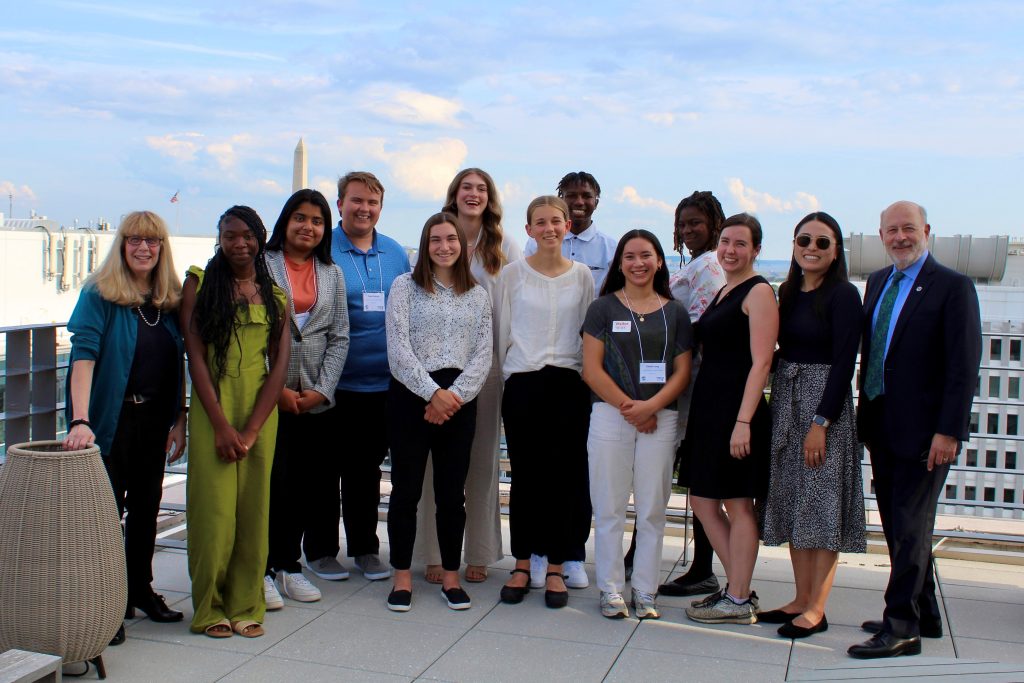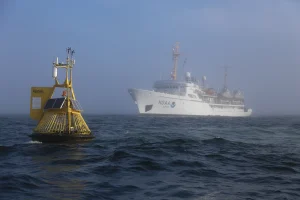NOAA is pleased to announce the launch of the NOAA Young Changemakers Fellowship application for the 2024-2025 school year. This program is designed for current high school students who are passionate about the environment, climate, ocean, Great Lakes, and/or coasts. Program participants receive mentorship, skill-building opportunities, and financial resources to design and lead an action project in their own community. This is a year-long opportunity for high school students across the United States, U.S. territories, and tribal nations to make a difference for the ocean and environment. They also learn about and share their perspectives on NOAA priorities, helping to inform the decisions that NOAA leaders make. Full participation comes with an $800 stipend and paid travel to Washington, D.C. for a kick-off summit in July 2024.
We are counting on colleagues like you to amplify this opportunity so that we can empower a talented, diverse, passionate cohort of changemakers. Please share this opportunity with any groups or individuals that might be interested.
Applications are due on June 10, 2024
Contact young.changemakers@noaa.gov for more information or assistance.
Pictured: In July 2023, the inaugural cohort of the eeBLUE Young Changemakers Fellowship gathered for a kick-off summit in Washington, D.C. Through the Young Changemakers Fellowship, these students had the opportunity to create impact through leading local action projects as well as sharing their perspectives with NOAA leadership, including NOAA Administrator Dr. Rick Spinrad (right).





